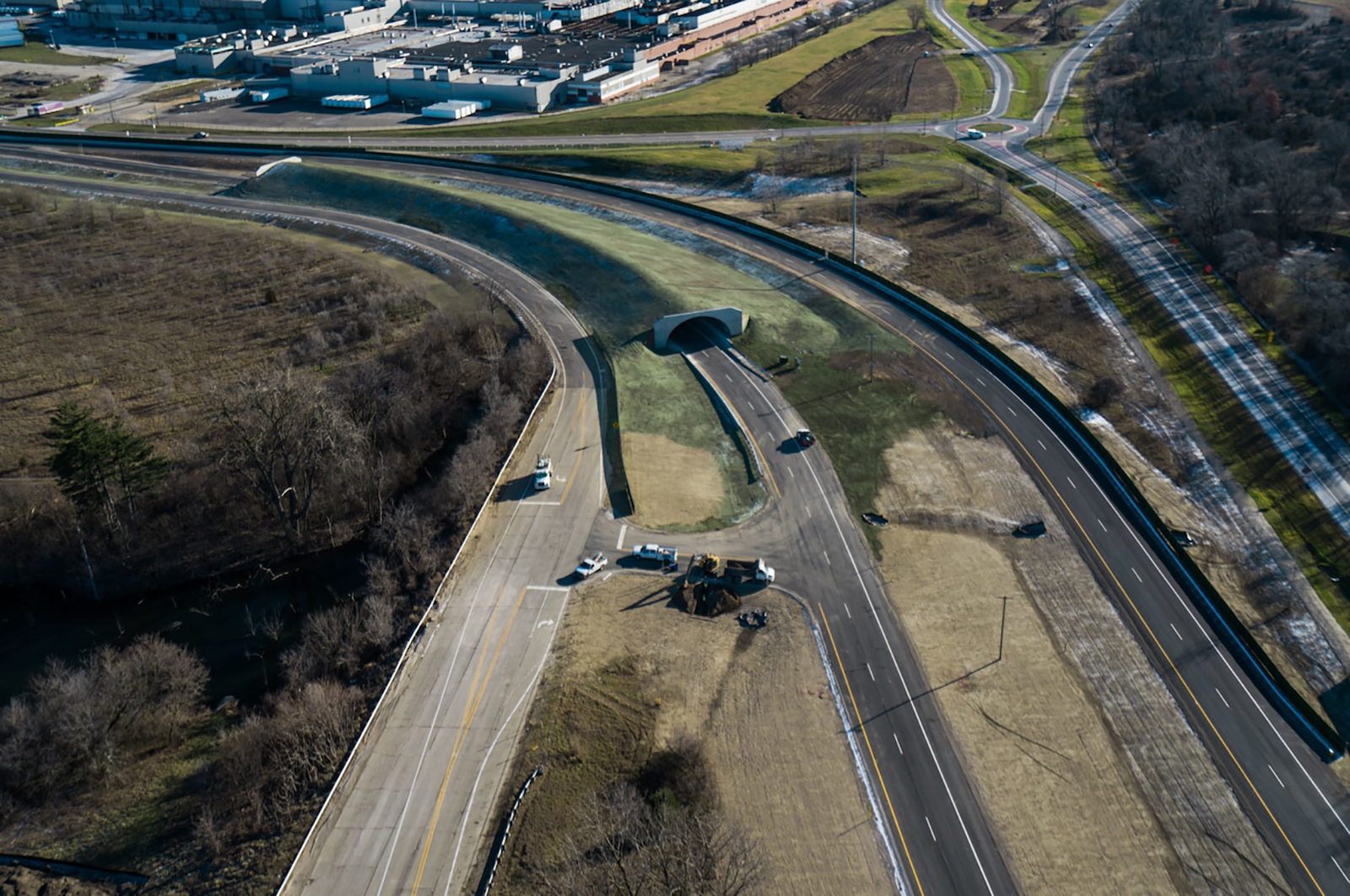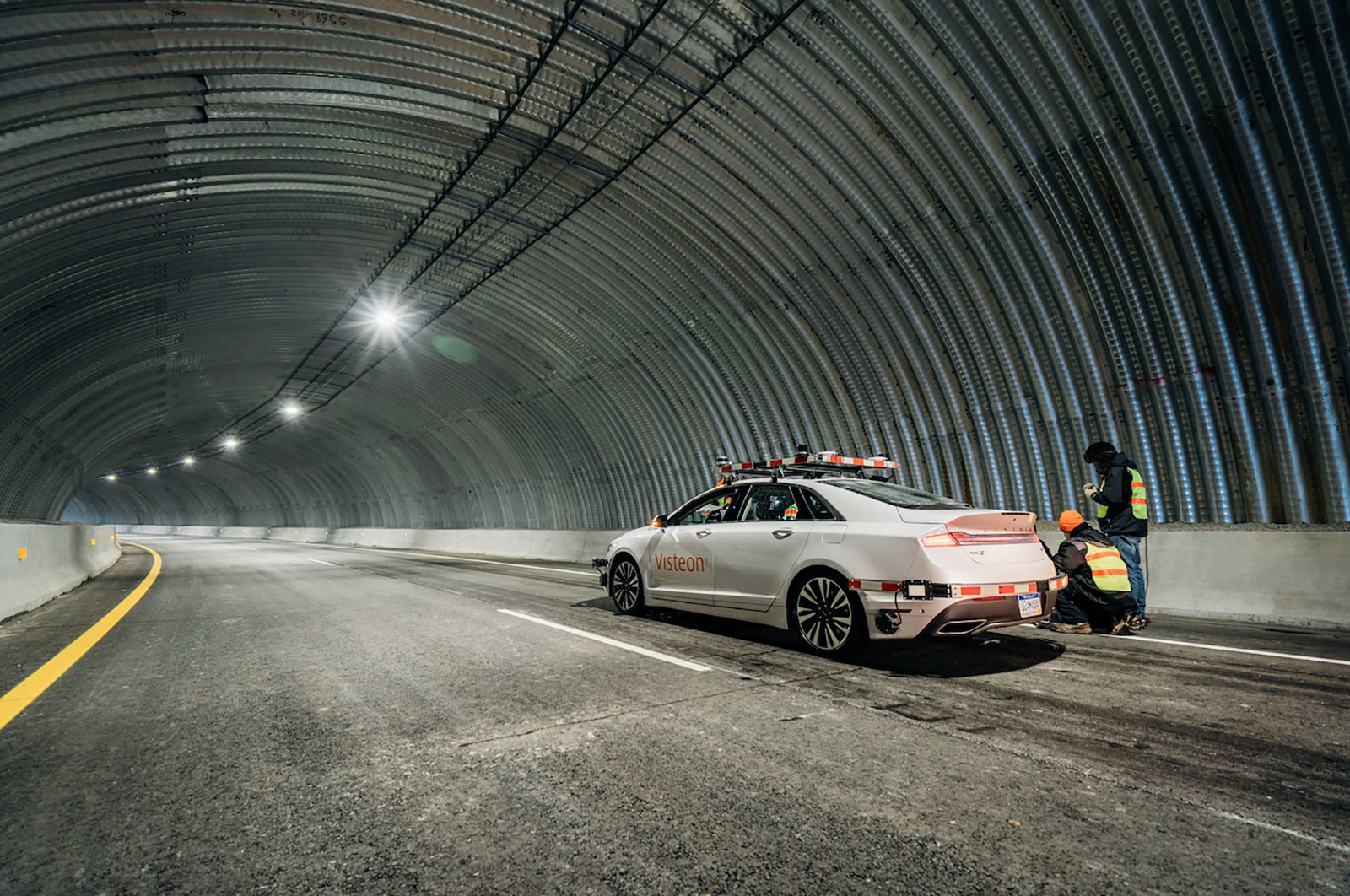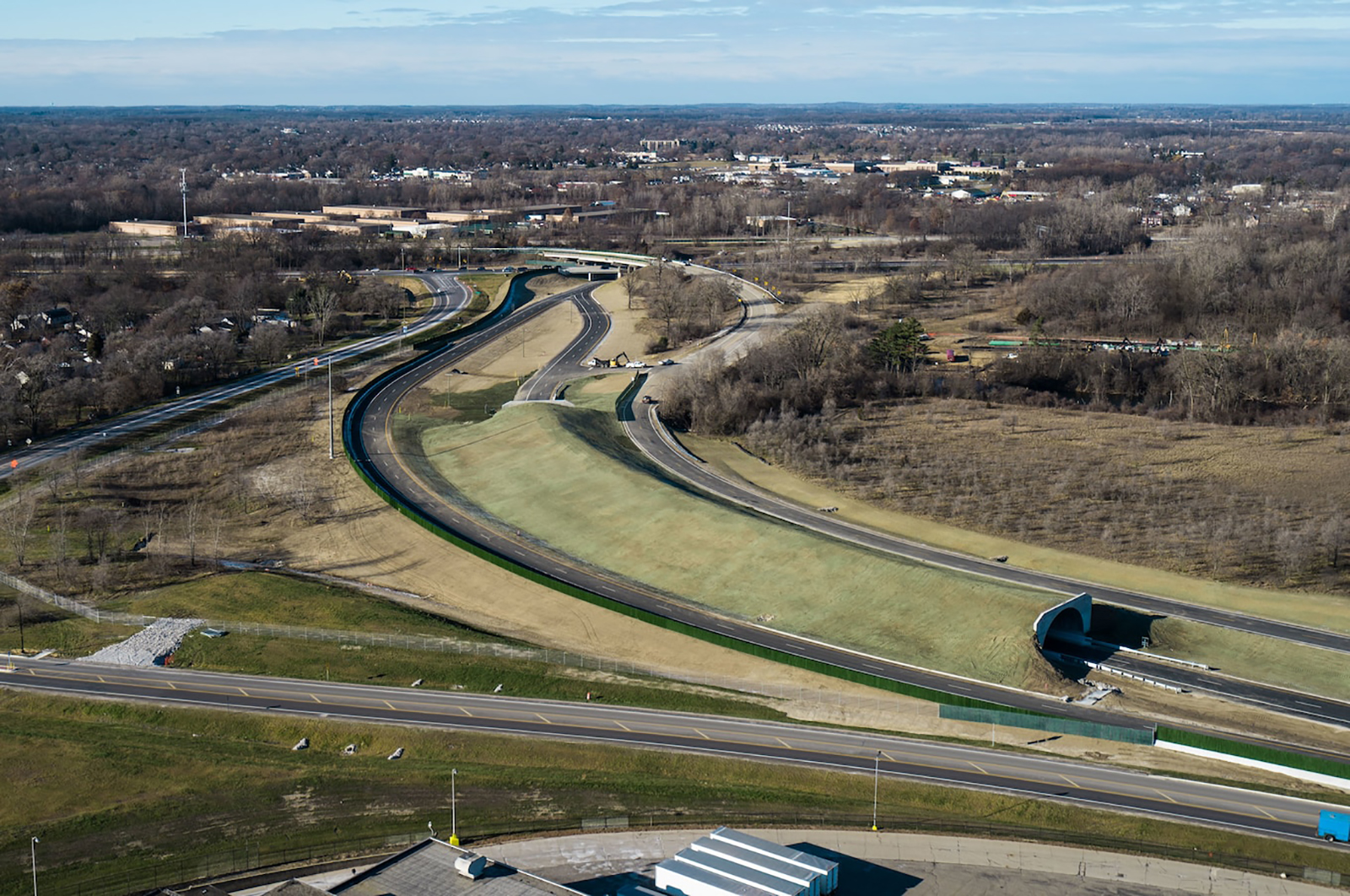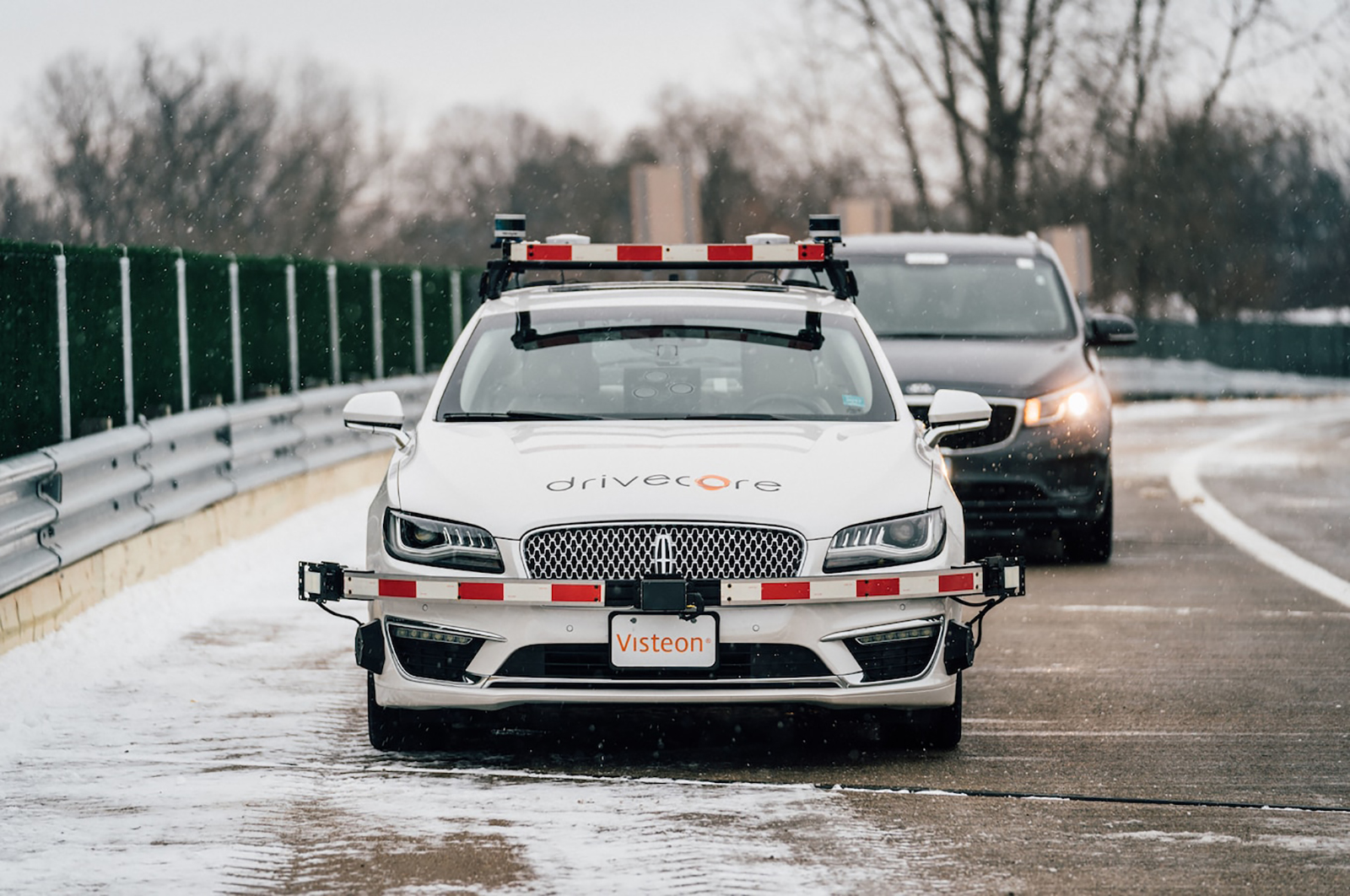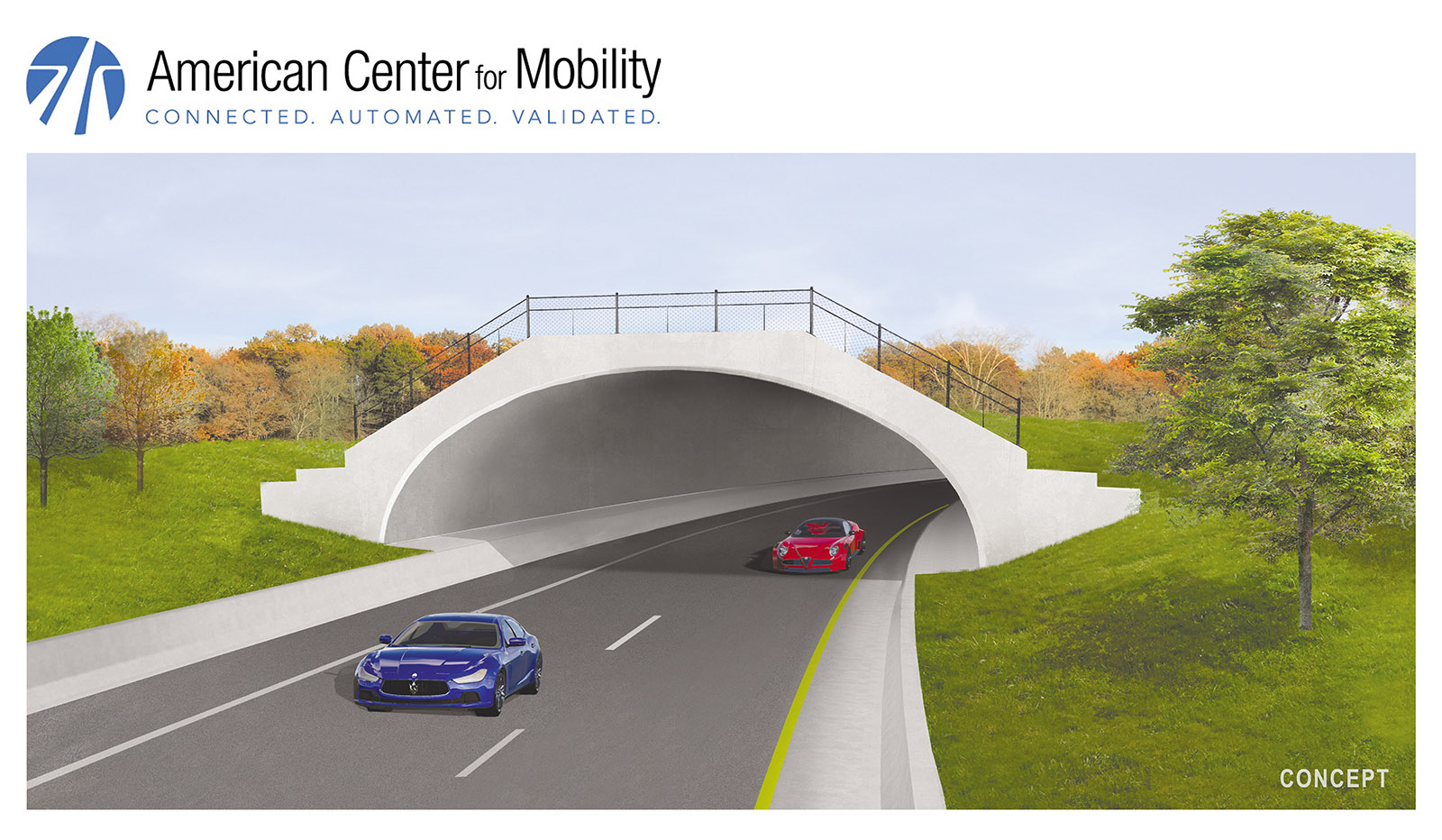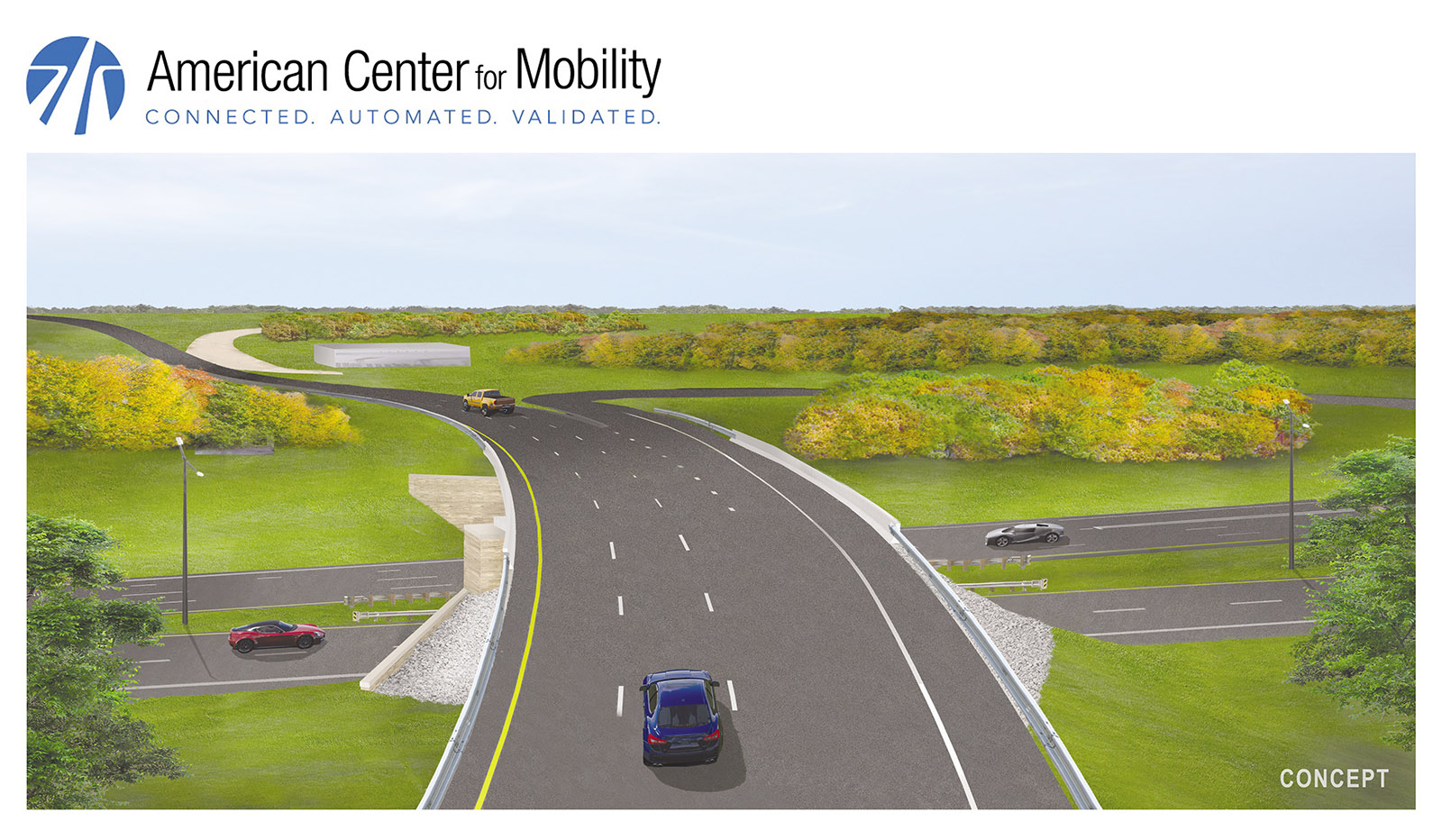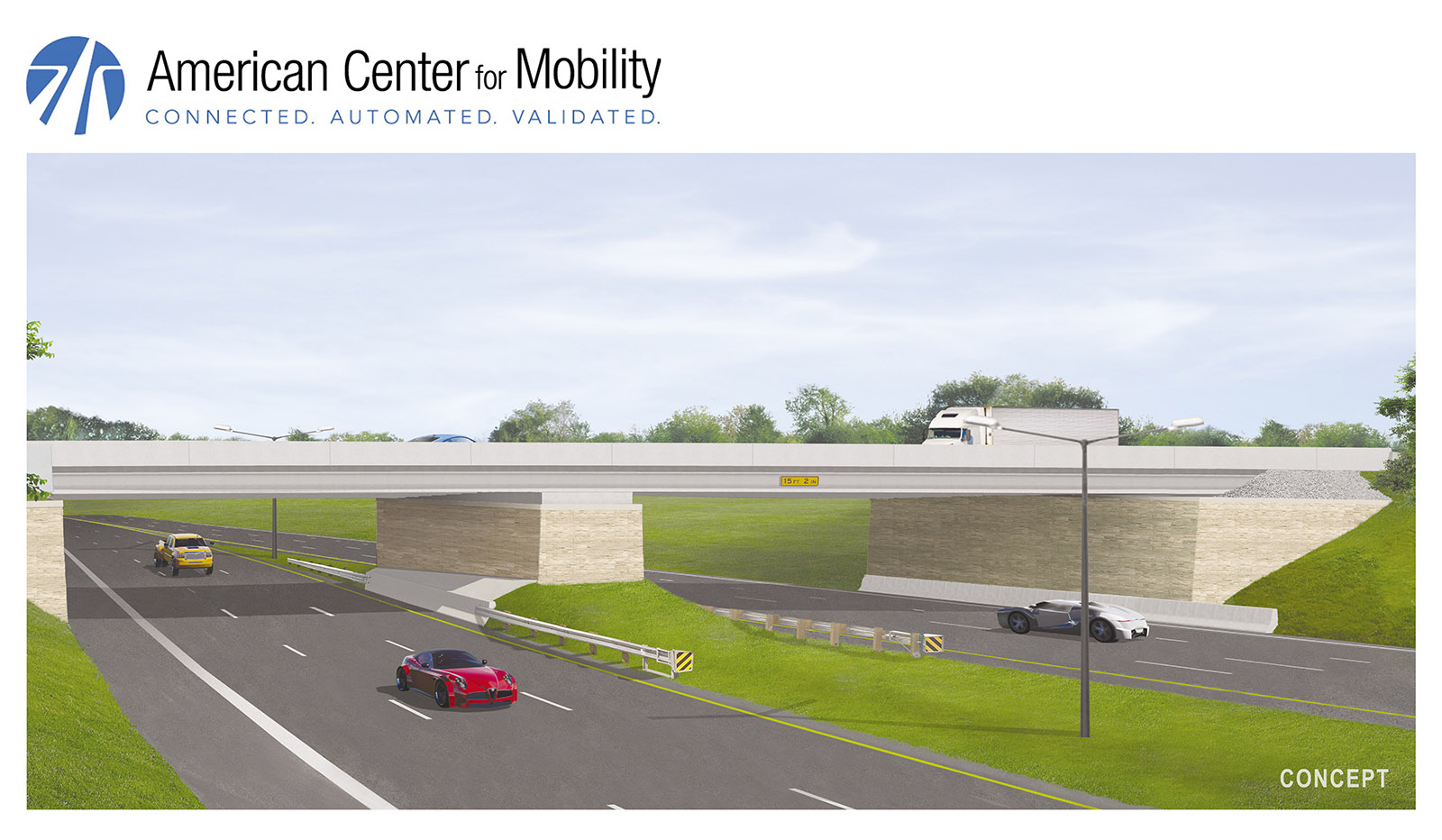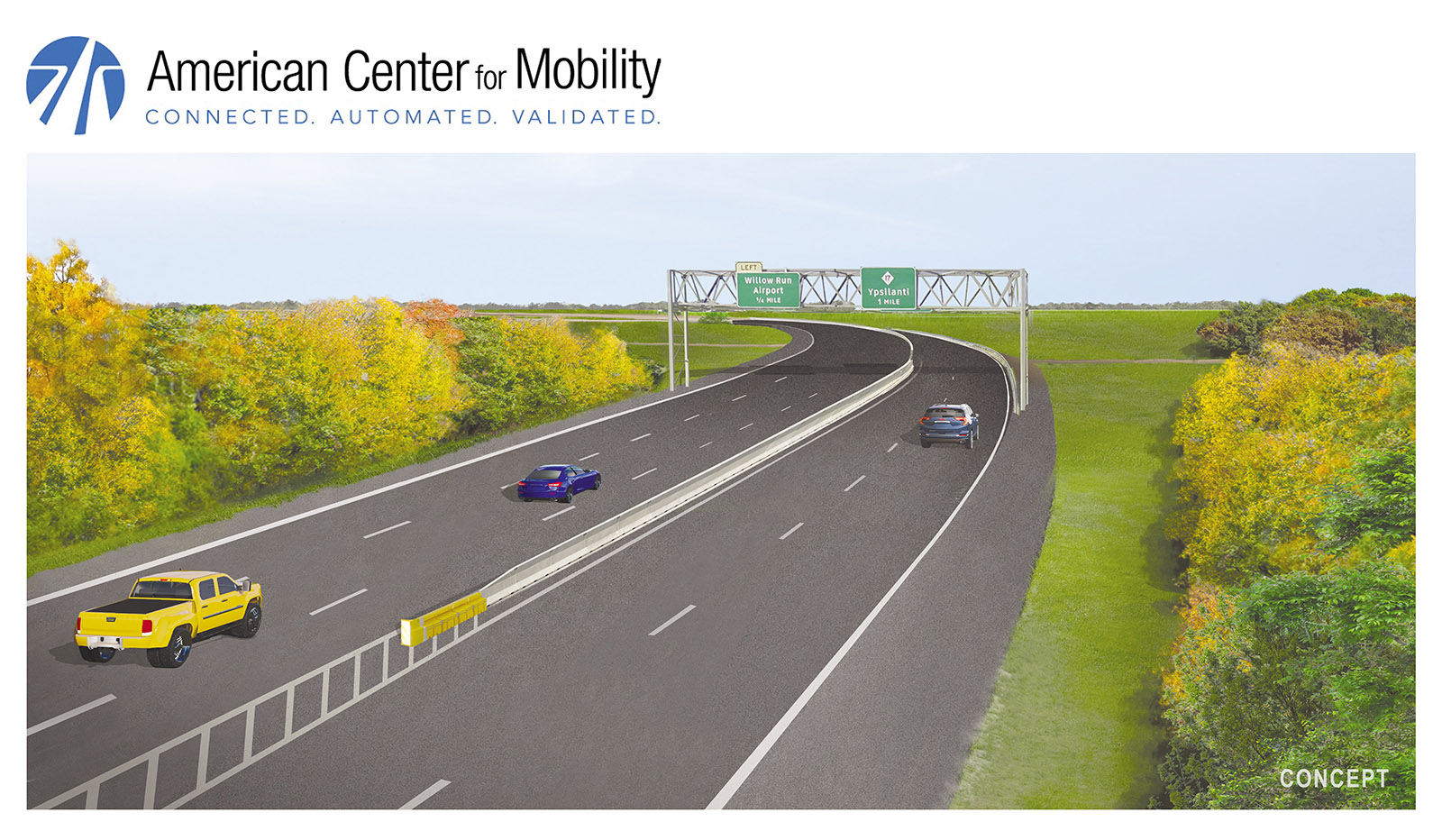Amid what has recently been a controversial time for the prospect of autonomous driving technology, the American Center for Mobility has opened its new highway testing division at its facility in Michigan.
The American Center for Mobility is a nonprofit test facility based in Michigan that focuses on the research, testing, and development of autonomous vehicle. With a mission to continue improving automotive safety, the consortium backed by the state of Michigan consists of the state’s Department of Transportation, the University of Michigan, various other state-sanctioned groups. It also has the support of major companies in various industries.
In April 2017, the center opened its proving grounds and headquarters at a 500-acre historic site in Ann Arbor following a total investment nearing $135 million. With its new highway division, automakers can now test autonomous vehicles in high-speed driving situations.
The testing center opens in the wake of recent fatalities related to self-driving vehicles. A few weeks ago, a motorist died following a collision while using Tesla’s “Autopilot” in a Model X in San Francisco, and a pedestrian was then killed by an Uber autonomous car in Tempe, Arizona.
John Maddox, the center’s CEO, stressed the importance of testing autonomous vehicles.
“What happened in Tempe is a clear indication the technology needs to continue being developed,” Maddox said to AutomotiveNews. “Having this facility and others like it is very, very critical” for autonomous vehicles to be successful.
The finished 2.5-mile highway loop is the first of its kind, and will allow automakers to test their self-driving vehicles at speeds of 65 mph and beyond. On-ramps and off-ramps are also integrated into the proving grounds, while a 700-foot curved tunnel was built to see how autonomous vehicles behave when they lose connection with a satellite.
The outdoor facility is subject to Michigan’s four seasons, allowing for testing in winter driving conditions, while simulating contraflows from construction work, and other road hazards like railroad tracks. The highway section also features 40-mph and 50-mph curves to test the behavior and handling characteristics of test vehicles at higher speeds.

The finished highway loops represents the completion of one of several phases to the facility’s full opening. By 2019, the center plans to have an urban section simulating residential streets, with road hazards such as pedestrians, bike lanes, and other obstacles like roundabouts and crosswalks.
Editors' Recommendations
- Cruise autonomous vehicle drives over woman just after she was hit by another car
- Waymo taps the brakes on its autonomous-trucking project
- Ford and VW close down Argo AI autonomous car unit
- Tesla issues stark warning to drivers using its Full Self-Driving mode
- Apple Car will be fully autonomous with no driver input, insiders claim
